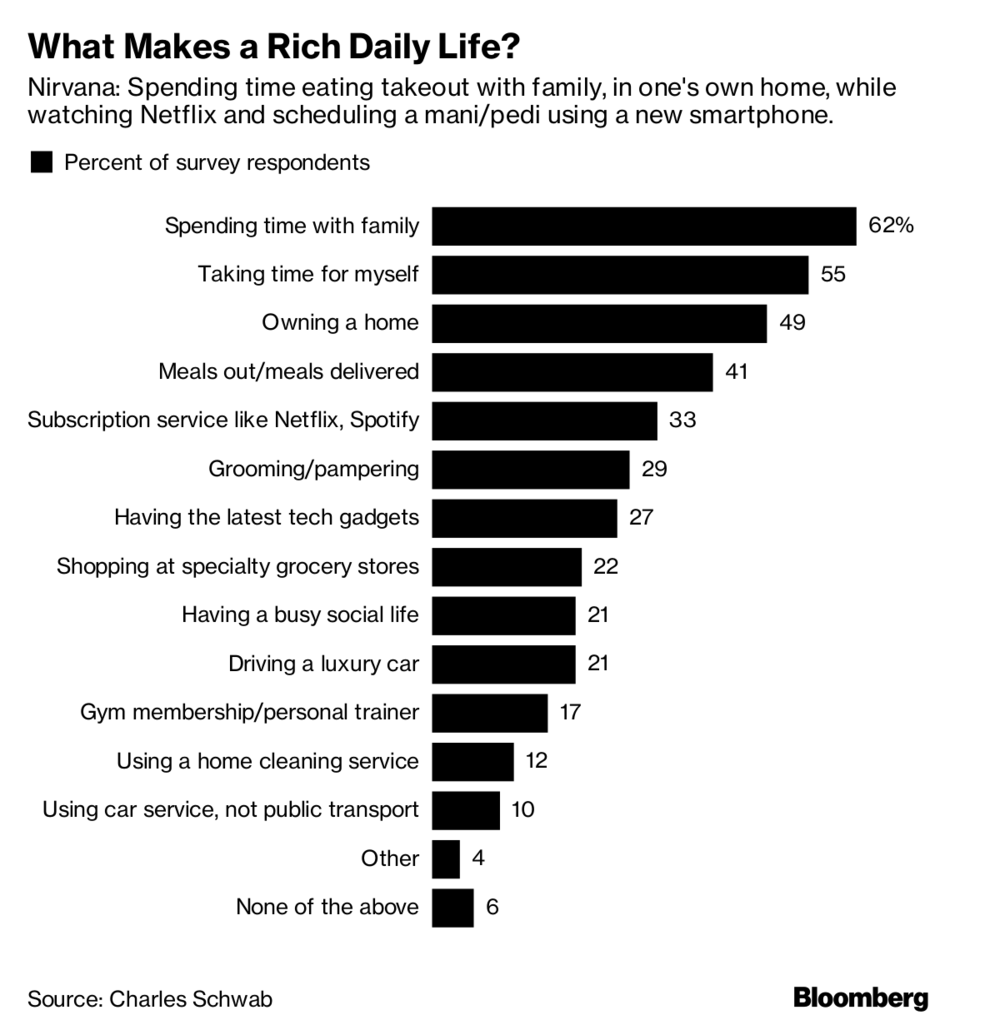If you don’t have a plan, you will become part of someone else’s plan. Battles are won before they are fought.
Archives of “January 15, 2019” day
rssThought For A Day
How Can It Work? On the Impact of Quantitative Easing in the…EUROZONE
WP2016-13 by TBP_Think_Tank on Scribd
What Do You Need To Be A Successful, Independent Trader That Trades For A Living

4 Faiths For Traders
 While trading is a game of math, probabilities, charts, and earnings it is also a mind game. Many times a trader’s beliefs will determine their success more than anything else. All traders start out believing it is possible to make money in the markets. Many want to earn their living one day by trading. However it is perseverance, beliefs, and mental determination that will determine who wins and who just quits. Shockingly the majority of millionaire traders lost most of their accounts when they started or they experienced huge draw downs while learning lessons the hard way.
While trading is a game of math, probabilities, charts, and earnings it is also a mind game. Many times a trader’s beliefs will determine their success more than anything else. All traders start out believing it is possible to make money in the markets. Many want to earn their living one day by trading. However it is perseverance, beliefs, and mental determination that will determine who wins and who just quits. Shockingly the majority of millionaire traders lost most of their accounts when they started or they experienced huge draw downs while learning lessons the hard way.
- You must have faith in yourself. You must believe that you can trade as well as anyone else.. This belief arises from doing your homework and staying disciplined in your system. Understanding that it is not you, that it is your system that wins and loses based on market action will keep the negative self talk at bay.
- You must have faith in your method. You must study the historical performance of your trading method so you can see how it works on charts. Also it is possible to quantify and back test mechanical trading systems for specific historical performance in different kinds of markets.
- You must have faith in your risk management. You must manage your risk per trade so it brings you to a 0% mathematical probability of ruin. A 1% to 2% of total capital at risk per trade will give almost any system a 0% risk of ruin.
- You must have faith that you will win in the long term if you stay on course. Reading the stories of successful traders and how they did it will give you a sense that if they can do it you can to. If trading is something you are passionate about all that separates you from success is time.
For some, it’s not just about the cash—it’s what you do with it

We can still learn lessons from nearly 100 years ago.

Investment Sentiment
George Soros Warns Washington To "Mend Relations With China" Or Face World War 3
A Partnership with China to Avoid World War (via The New York Review of Books)
International cooperation is in decline both in the political and financial spheres. The UN has failed to address any of the major conflicts since the end of the cold war; the 2009 Copenhagen Climate Change Conference left a sour aftertaste; the World Trade Organization hasn’t concluded a major trade round since 1994. The International Monetary Fund’s legitimacy is increasingly questioned because of its outdated governance, and the G20, which emerged during the financial crisis of 2008 as a potentially powerful instrument of international cooperation, seems to have lost its way. In all areas, national, sectarian, business, and other special interests take precedence over the common interest. This trend has now reached a point where instead of a global order we have to speak of global disorder.
In the political sphere local conflicts fester and multiply. Taken individually these conflicts could possibly be solved but they tend to be interconnected and the losers in one conflict tend to become the spoilers in others. For instance, the Syrian crisis deteriorated when Putin’s Russia and the Iranian government came to Bashar al-Assad’s rescue, each for its own reasons. Saudi Arabia provided the seed money for ISIS and Iran instigated the Houthi rebellion in Yemen to retaliate against Saudi Arabia. Bibi Netanyahu tried to turn the US Congress against the nuclear treaty the US was negotiating with Iran. There are just too many conflicts for international public opinion to exert a positive influence.
In the financial sphere the Bretton Woods institutions—the IMF and the World Bank—have lost their monopoly position. Under Chinese leadership, a parallel set of institutions is emerging. Will they be in conflict or will they find a way to cooperate? Since the financial and the political spheres are also interconnected, the future course of history will greatly depend on how China tackles its economic transition from investment and export-led growth to greater dependence on domestic demand, and how the US reacts to it. A strategic partnership between the US and China could prevent the evolution of two power blocks that may be drawn into military conflict. (more…)



